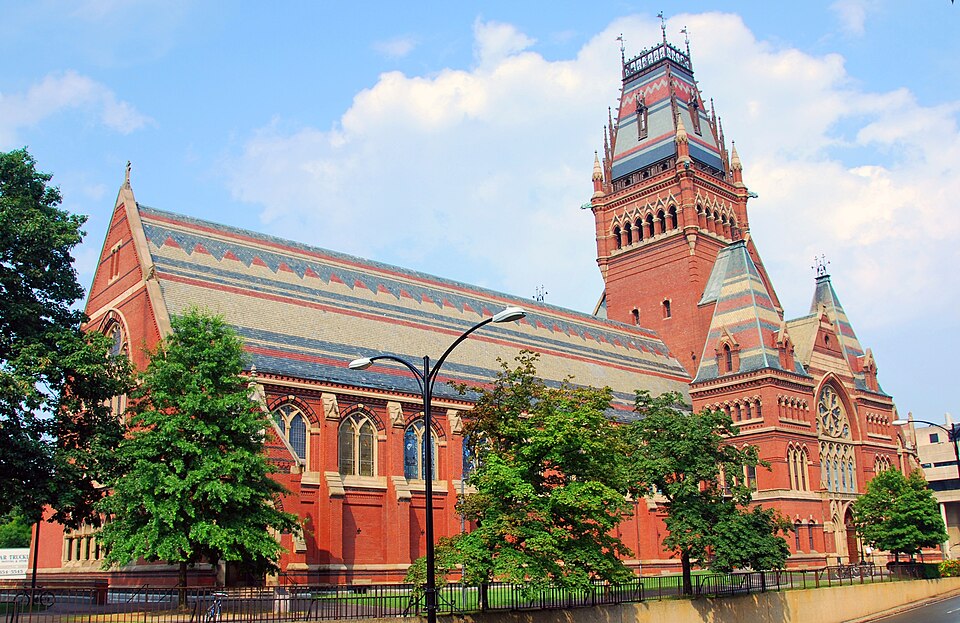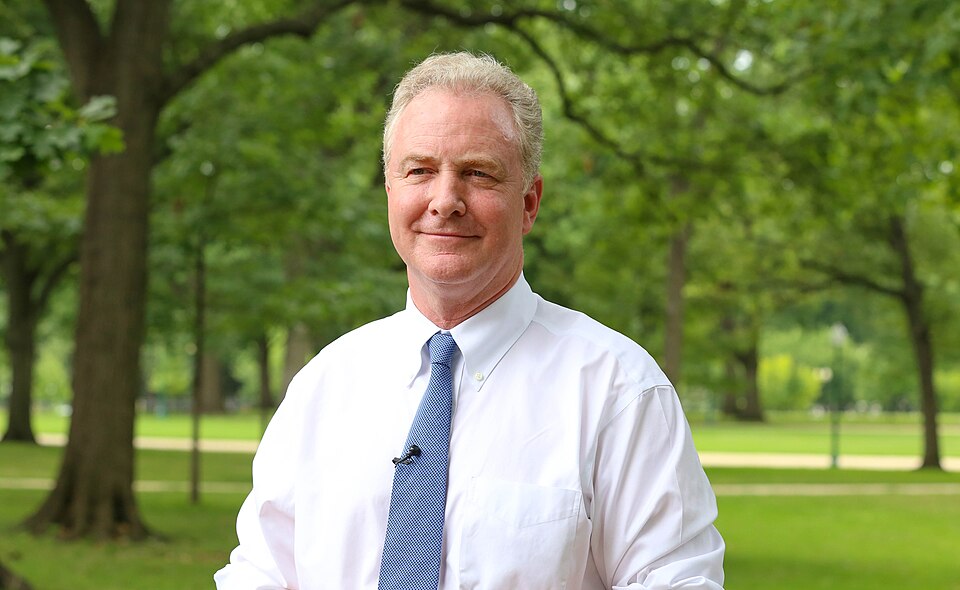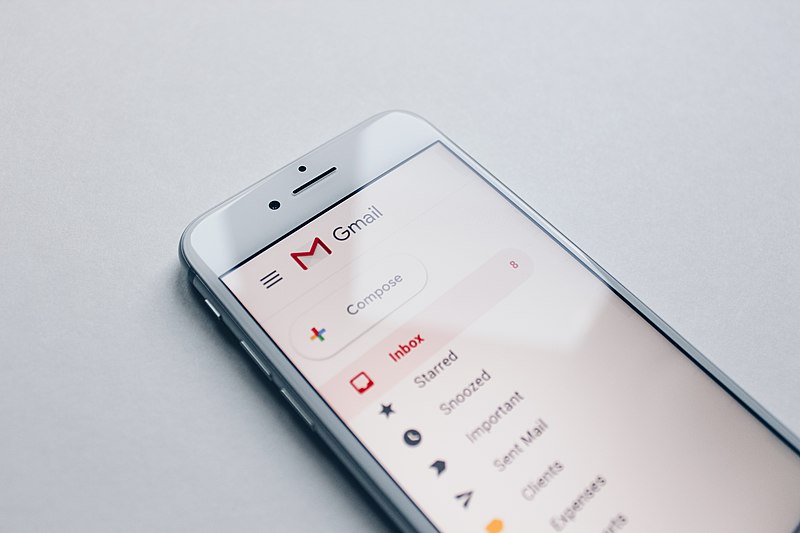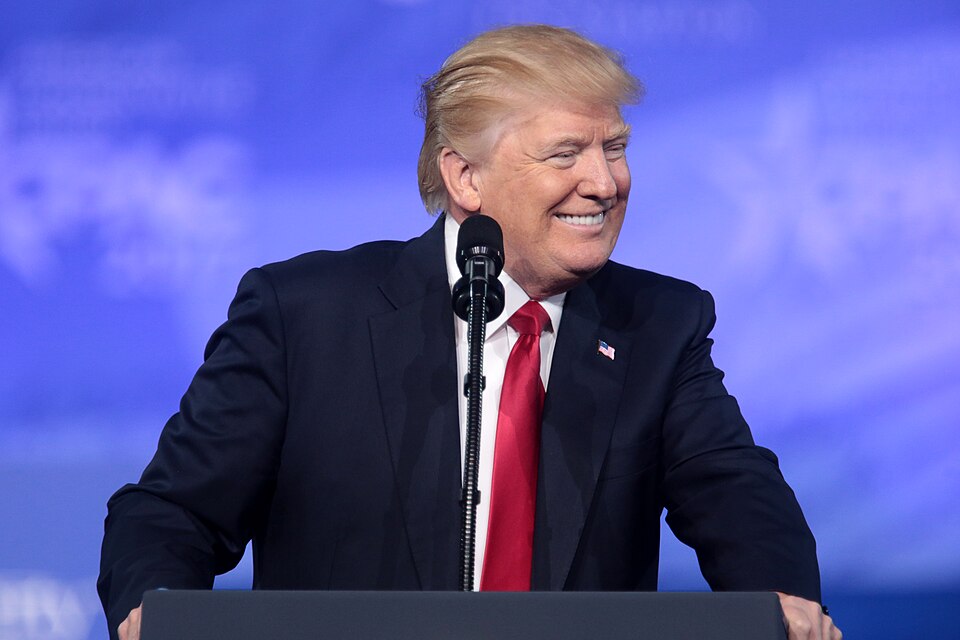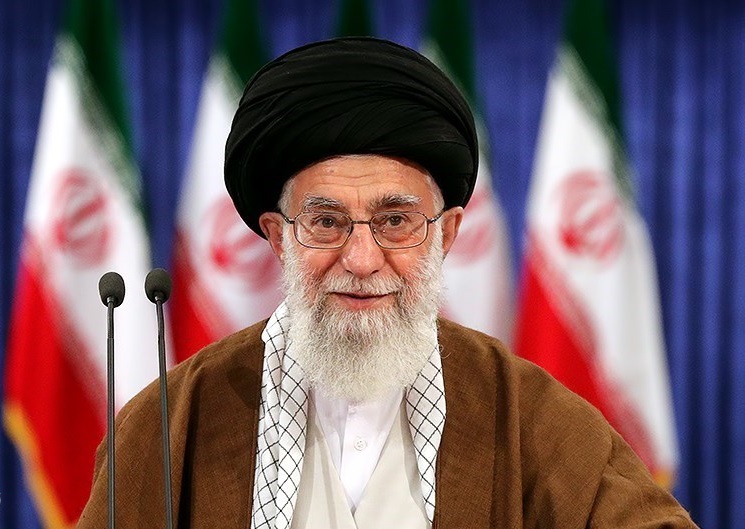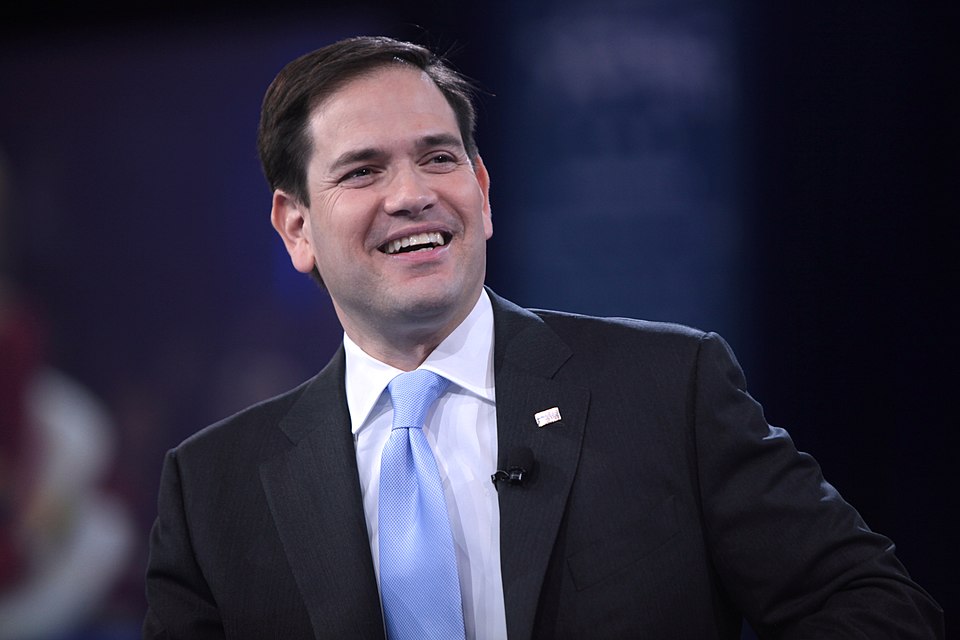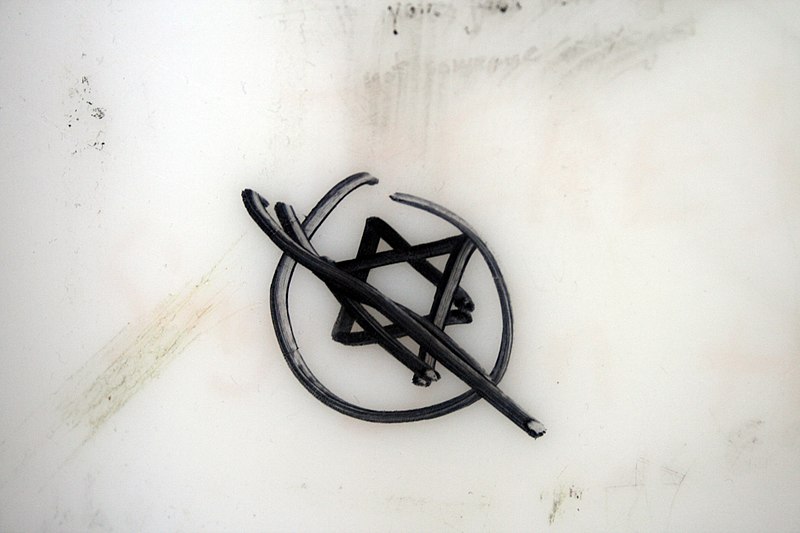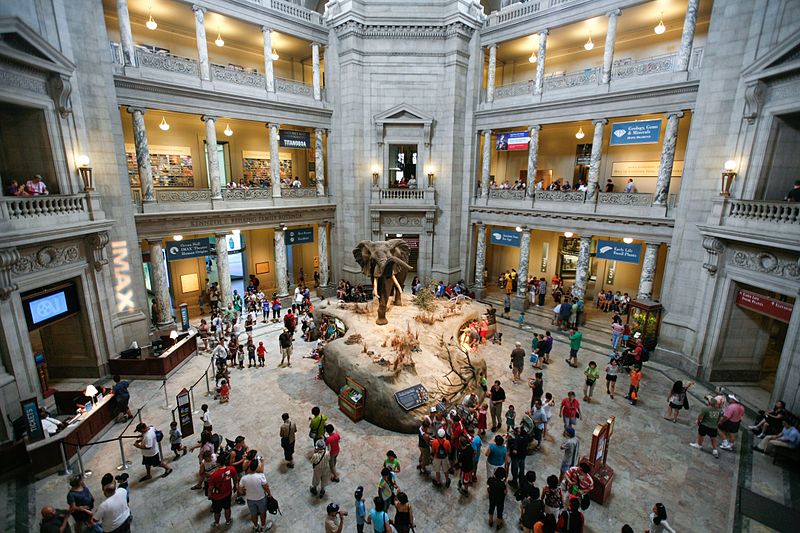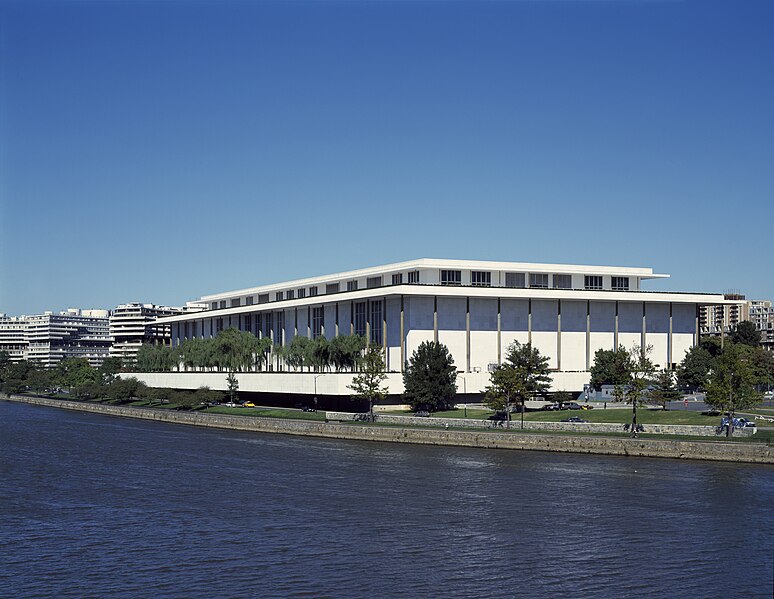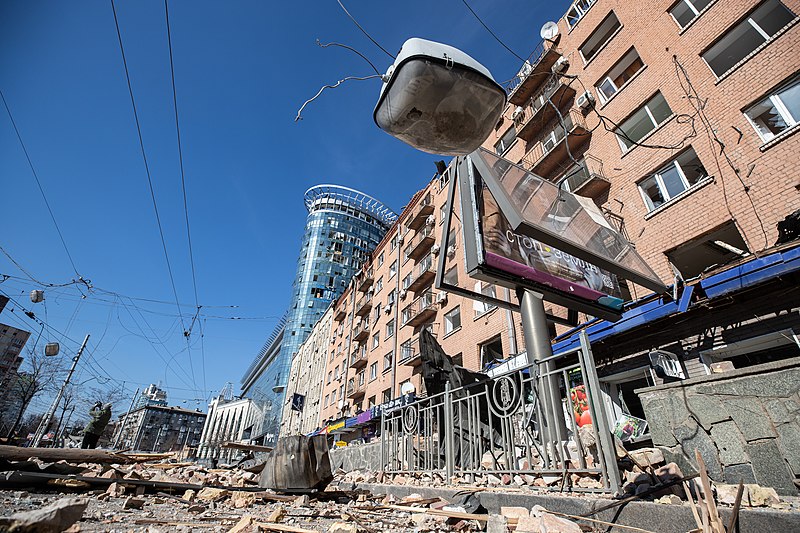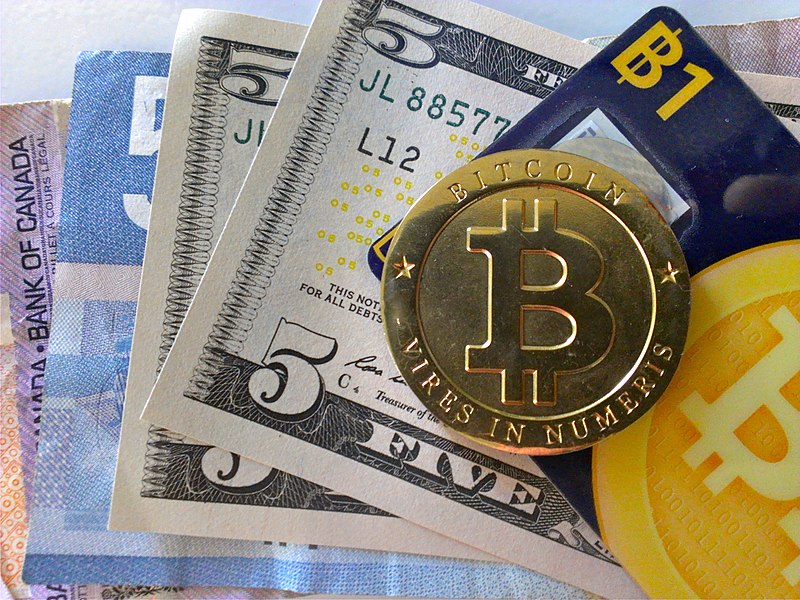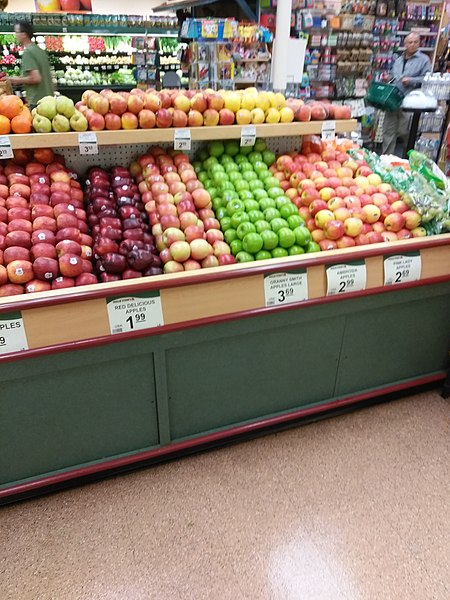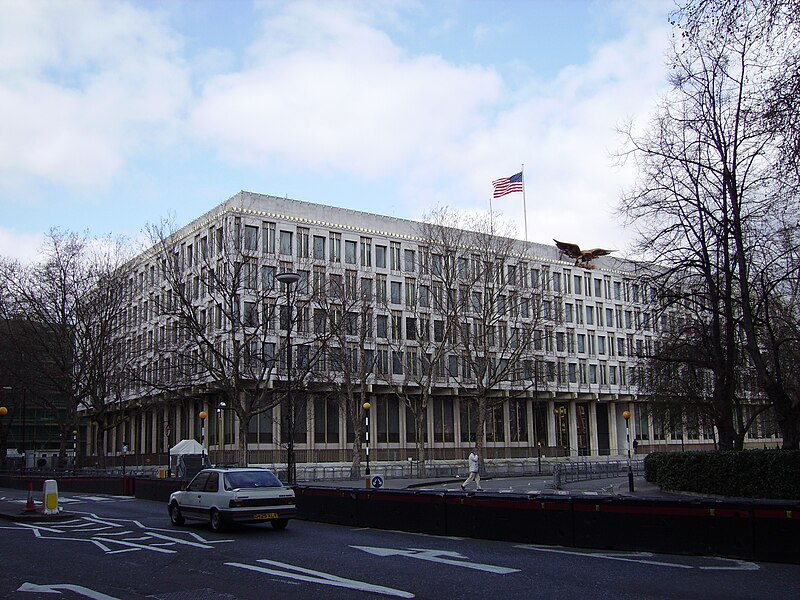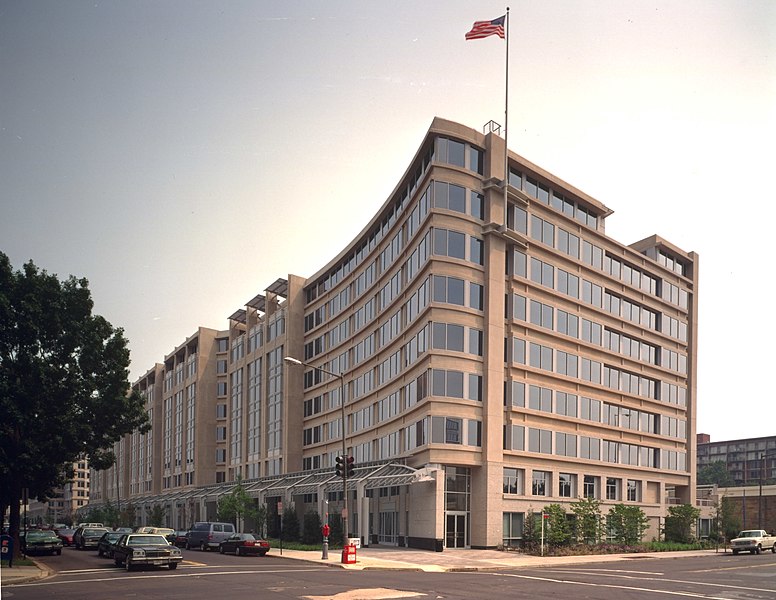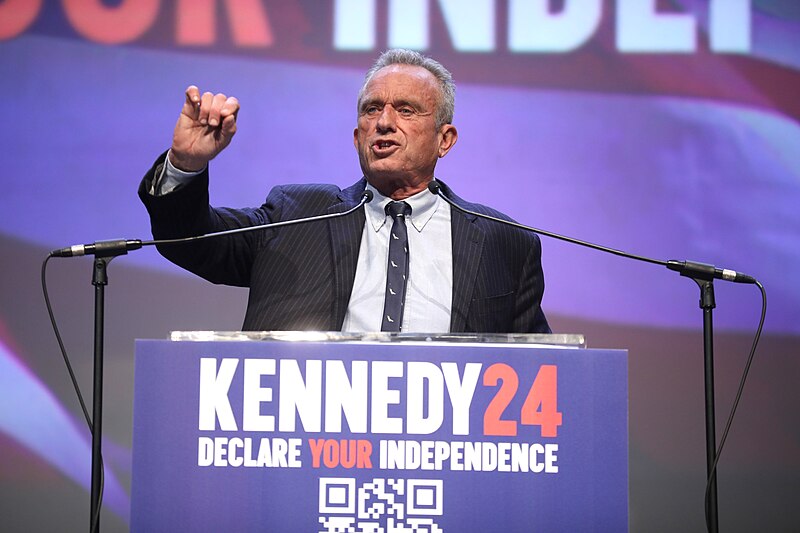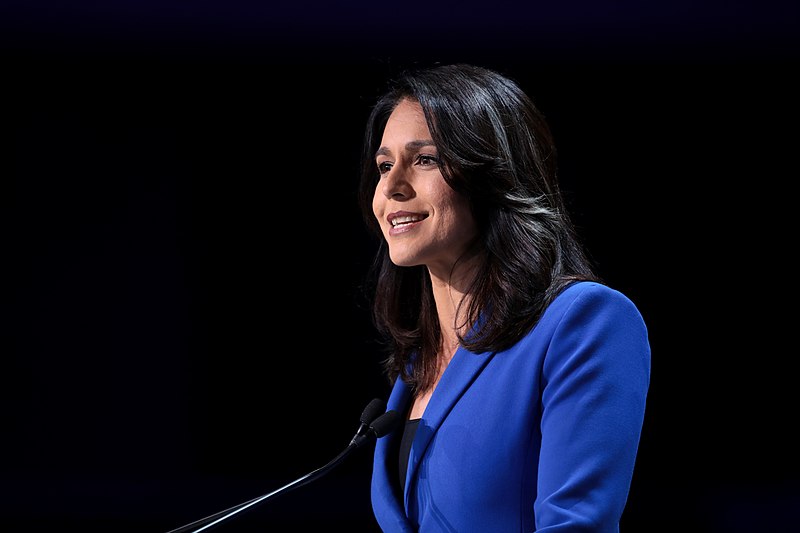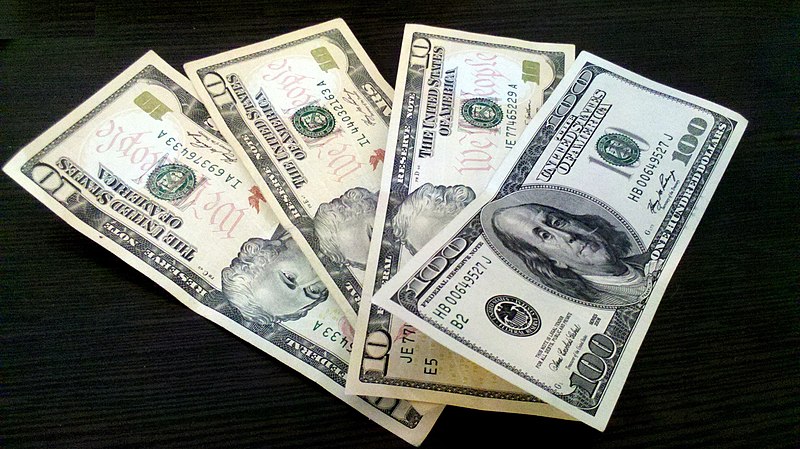
In the 1990s, Elon Musk, the South African-born billionaire, briefly worked in the United States without proper authorization, according to a report by The Washington Post on Saturday.
Musk arrived in Palo Alto, California, in 1995, intending to study at Stanford University but ultimately did not enroll in the graduate program. Instead, he focused on building the software company Zip2, which later sold for around $300 million in 1999.
Experts cited by the Post explained that Musk would have needed to be enrolled as a full-time student to maintain a valid work authorization.
Musk, who has voiced support for Donald Trump in the upcoming U.S. presidential election, appeared at a Pennsylvania rally over the weekend to back the former president. Trump, known for his hardline stance on immigration during his 2017–2021 presidency, has pledged an even tougher approach if re-elected.
At the rally, Musk downplayed the January 6, 2021, Capitol attack, characterizing it as less severe than often portrayed, which drew applause from the audience. He also encouraged early voting in Pennsylvania while expressing skepticism over mail-in ballots, calling them prone to fraud despite safeguards in place to verify them. Musk claimed that those who label Trump as a "threat to democracy" are themselves undermining democratic values, a comment that resonated with the crowd.
The event was part of Musk’s effort, supported by his super PAC, to rally swing-state voters in Trump’s favor against the Democratic candidate, Kamala Harris. Musk addressed various issues during the town hall, from space exploration and Tesla’s Cybertruck to his opposition to strict AI regulation and “woke culture,” which he criticized as an "extinctionist religion." He also underscored the declining U.S. birth rate as a significant concern.
In a surprising moment, Musk awarded a supporter on stage a $1 million check, part of his campaign to give away $1 million daily to a supporter in swing states who signs his super PAC’s petition. However, the U.S. Justice Department has expressed concerns about the legality of these giveaways.
Supporters like Josh Fox, a Pennsylvania resident, dismissed concerns about potential legal issues with the cash awards, seeing them as a way to rally support for the Constitution and for Trump’s campaign.
